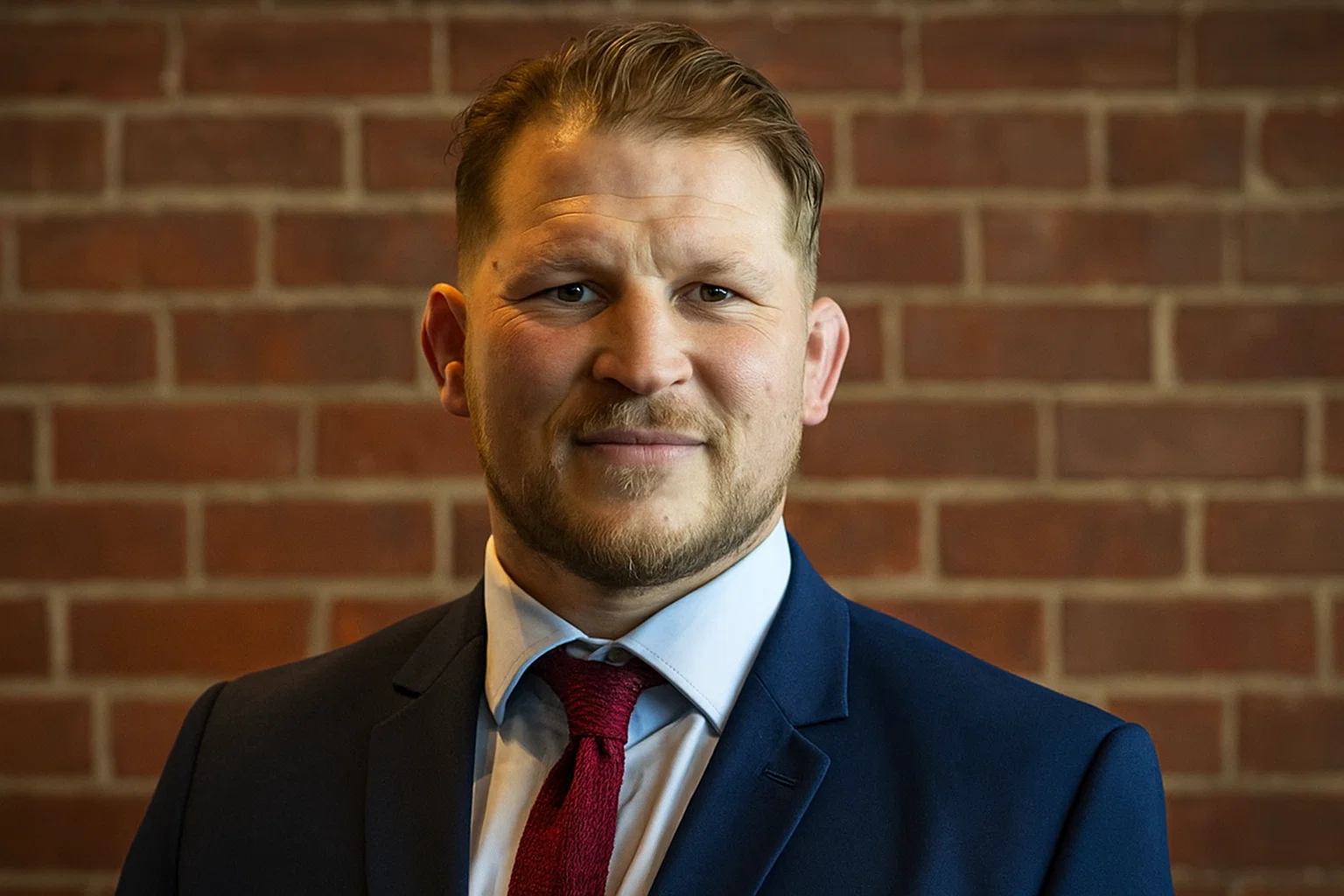Dylan Hartley, born on March 24, 1986, in Rotorua, New Zealand, is a name synonymous with leadership, resilience, and controversy in the world of rugby union. From his early days in New Zealand to captaining England to a Six Nations Grand Slam, Hartley’s journey is a testament to determination and the complexities of professional sport.
Dylan Hartley Early Life and Career Beginnings
Hartley was born in Rotorua, New Zealand, and began playing rugby at a young age. His talent was evident, and by the time he was 16, he moved to England to further pursue his rugby career. His mother’s English heritage allowed him to play for England, and he joined the Worcester Warriors academy. After a few years, he moved to Northampton Saints in 2005, where he spent most of his career.
Dylan Hartley Domestic Success with Northampton Saints
Dylan Hartley spent over a decade with Northampton Saints, making 251 appearances and scoring 140 points. His leadership qualities were soon recognized, and he became the team captain in 2009. Under his leadership, the Saints won their first-ever Premiership title in 2014. Hartley’s dedication to the club earned him admiration from both fans and teammates alike.
Dylan Hartley International Career with England
Hartley made his international debut for England in 2008. Over the next 10 years, he earned 97 caps, becoming the most-capped hooker in England’s rugby history at the time. In 2016, he was appointed England’s captain under coach Eddie Jones. During his captaincy, Hartley led England to a Six Nations Grand Slam in 2016 and a historic 3-0 series win in Australia, solidifying his place as one of the top leaders in rugby.
Disciplinary Record
Despite his success, Hartley’s career was often marred by disciplinary issues. He faced multiple suspensions over the years for various incidents, including eye-gouging and biting. His most significant suspension came in 2013 when he received a red card in a Premiership final, which caused him to miss out on the British & Irish Lions tour to Australia that same year. While his disciplinary record is controversial, his impact on the pitch could never be denied.
Personal Life and Family
Off the pitch, Hartley’s life is just as interesting. In 2018, he married Joanne Tromans, a makeup artist and businesswoman. The couple has two children: a daughter, Thea Rose, and a son, Rex. Hartley, who once described his life as a professional rugby player as “all-consuming,” now enjoys fatherhood and a quieter life in Northamptonshire with his family.
Dylan Hartley Net Worth and Post-Rugby Ventures
As of recent estimates, Dylan Hartley’s net worth is around $5 million. His earnings from his rugby career have been supplemented by various post-retirement activities, including media appearances and business ventures. In 2024, he took on a role with Assist Security Group as a Non-Executive Director, focusing on providing bespoke security services for luxury brands. He has also ventured into public speaking and written an autobiography titled The Hurt, where he discusses his career, leadership challenges, and personal experiences.
Legacy and Reflections
Dylan Hartley leaves behind a complex legacy. On one hand, he is celebrated for his leadership, resilience, and contributions to England’s rugby success. On the other hand, his disciplinary record reminds us of the pressures and pitfalls that come with professional sports. Hartley has been open about the physical toll rugby took on his body, including a diagnosis of traumatic brain injury due to repeated head impacts.
While his career was not without its controversies, Hartley’s ability to bounce back from setbacks and lead his team to victories makes him one of rugby’s greats. His impact extends beyond the field, where he continues to inspire and educate future generations through his work in business and public speaking.
Conclusion
Dylan Hartley’s story is one of determination, resilience, and complexity. He remains a significant figure in rugby history, remembered not only for his achievements but also for his leadership and ability to overcome adversity. His post-rugby ventures show that even after hanging up the boots, his legacy in both rugby and personal growth continues to thrive.
